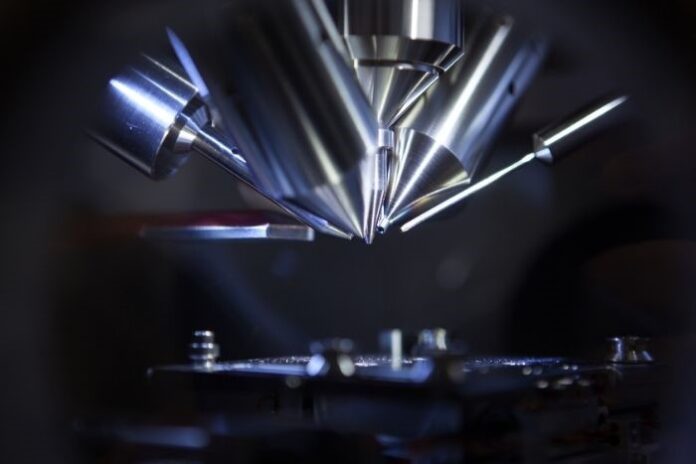Mass spectrometry is a word that many people haven’t heard before. Most people get intimidated by the word, but mass spectrometry isn’t as complicated as it sounds. This is an analytical tool that is commonly used in analytical labs. This technology allows scientists and researchers to understand molecules, which in turn tells us more about the world we live in. We put together a guide with the important things to know about mass spectrometry, so keep reading to learn more.
What Is Mass Spectrometry?
Analytical tools are extremely helpful because they help us understand things that we might otherwise not be able to understand or study. This is because the technology in the mass spectrometer allows scientists and researchers to learn about molecules. Mass spectrometry (MS) measures the mass-to-charge ratio of molecules in a sample. MS is used to detect impurities in the sample. It can also examine a purified protein. This technology consists of three parts, which are the ionization source, mass analyzer, and ion detection system. The column is another part that’s worth mentioning because that’s where the sample molecule is carried through.
What Is Mass Spectrometry Used For?
MS is used in many different industries, as it provides information about the sample that’s being analyzed. Although many scientists and researchers use this technology, there are many other industries that do as well. For example, researchers use it in chemistry, physics, and biochemistry. Mass spectrometry is also used in the pharmaceutical industry to develop drugs and vaccines. This may come as a surprise, but mass spectrometry is also used in forensic science to analyze samples from documents or crime scenes. Lastly, it can also be utilized in environmental science.
Taking Care of a Mass Spectrometer
One of the most important things to know about mass spectrometry is that the columns must be kept clean. Understanding how to troubleshoot is important with a mass spectrometer. Keeping the instrument clean is extremely important, because otherwise, it cannot produce accurate results. It must be clean, as the contaminants could affect the machine’s functionality. Consider bringing solvent to clean the column before and after each use. This ensures the spectrometer is working properly.















